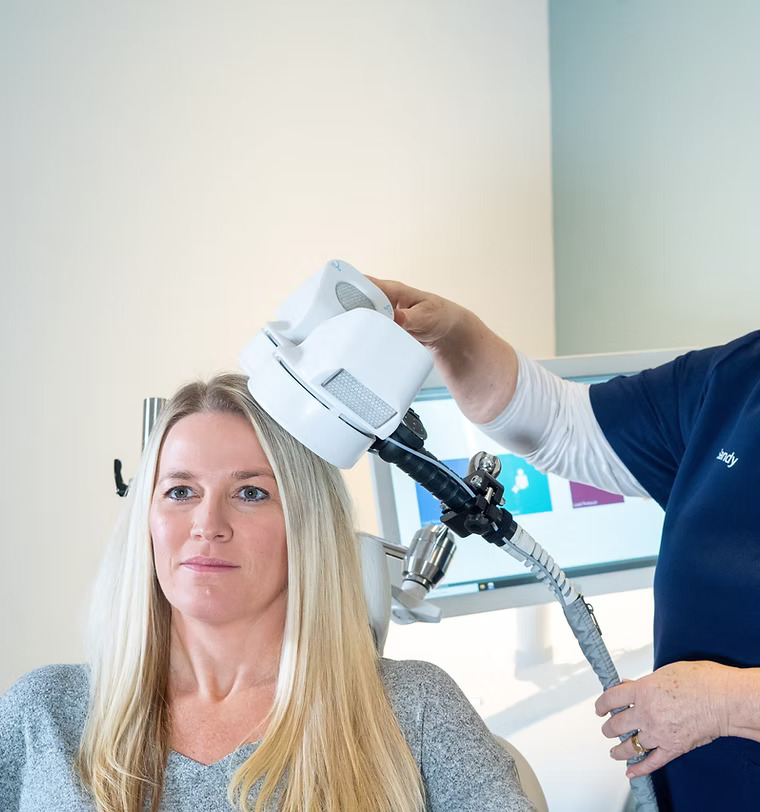Is your treatment plan addresses the root of the issue—or just masks the symptoms? This very question has led to the rise of integrative psychiatry as an alternative to traditional psychiatric methods. But how do these two approaches differ, and what might work best for you?
NuBalance Behavioral Health, the top integrative psychiatric clinic Malvern, PA has to offer is at the forefront of this conversation. By analyzing and comparing these two paths, we’ll help uncover which approach aligns with your mental health needs.
Traditional psychiatry has been the foundation of mental health care for decades, primarily relying on medications and talk therapy. These methods aim to address the symptoms of mental health conditions like depression or anxiety. However, they often take a one-size-fits-all approach, focusing on the chemical imbalances in the brain as the main culprit. While effective for many, these treatments sometimes fall short of providing lasting relief, especially for patients with complex or treatment-resistant issues.
On the other hand, integrative psychiatry rethinks mental health treatment by blending traditional techniques with complementary and alternative methods. Instead of solely targeting symptoms, this approach views the individual as a whole—factoring in aspects like lifestyle, nutrition, trauma history, and even spiritual well-being. By gaining a wider perspective, integrative psychiatry often helps uncover underlying issues that go unnoticed in conventional treatment models.
One key distinction between these approaches is the depth of diagnostic evaluation. Traditional psychiatry might focus heavily on clinical interviews and standardized assessments to prescribe medication or offer psychotherapy. Integrative psychiatry, meanwhile, broadens the diagnostic lens. Providers may consider underlying nutritional deficiencies, hormone imbalances, or gut health issues, combining these insights with mindfulness practices or even less conventional treatments like acupuncture.
Another benefit of integrative psychiatry lies in personalized care plans. For instance, individuals with anxiety may receive a combination of lifestyle recommendations such as dietary adjustments, structured exercise routines, and stress management tools, alongside psychotherapy or medication when needed. This multifaceted strategy is tailored to fit the unique lifestyle and needs of each patient. Traditional psychiatry, by contrast, often follows a more standardized protocol, which can feel impersonal for some.
Critics of traditional psychiatry also argue that it sometimes over-relies on pharmaceuticals, which may come with side effects or limited efficacy for certain individuals. Integrative psychiatry, while not dismissing medications, often complements them with non-invasive treatments like TMS, aromatherapy, or guided meditation. For patients seeking drug-free pathways toward mental clarity, this blended approach can be especially appealing.
Both methods have their place in mental healthcare. For individuals with severe or acute psychiatric conditions, traditional psychiatry often provides the immediate stabilization needed. Integrative psychiatry, however, shines when it comes to chronic, treatment-resistant conditions or for those who prefer a more holistic, long-term pathway to wellness.
If you’re exploring mental health treatment options and feel drawn to care that goes beyond symptom management, NuBalance Behavioral Health offers a compassionate, integrative approach. Their team provides advanced services, including TMS therapy, medication management, and whole-person psychiatric care. Visit https://www.nubalancetms.com/ today to discover more about how their expert clinicians can help you achieve lasting mental wellness.


